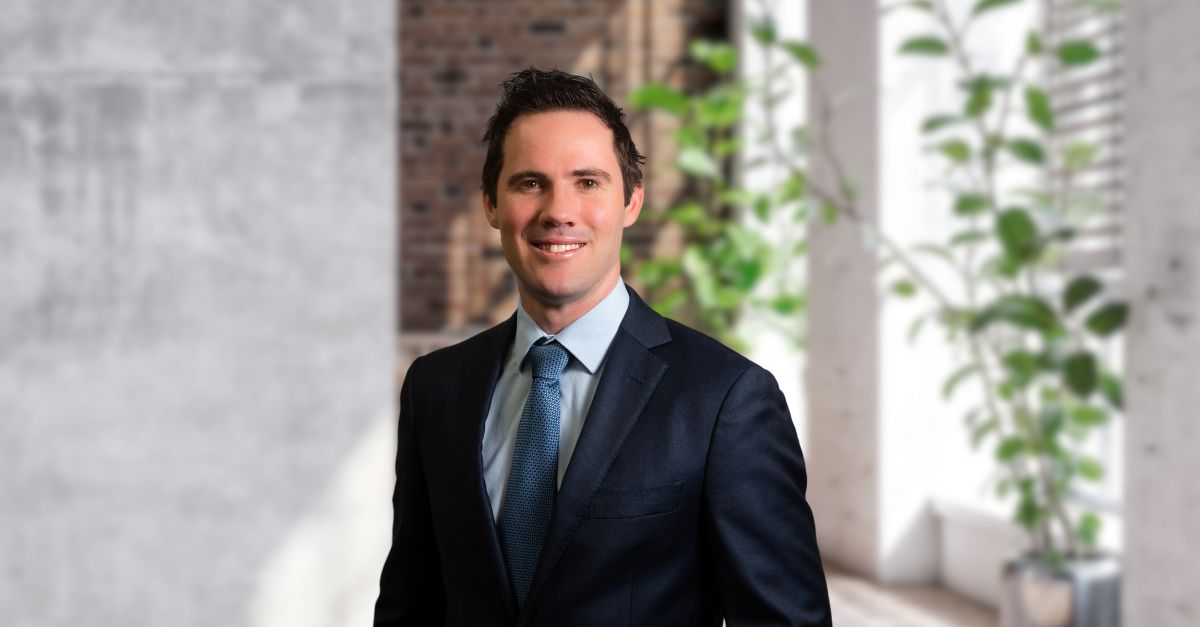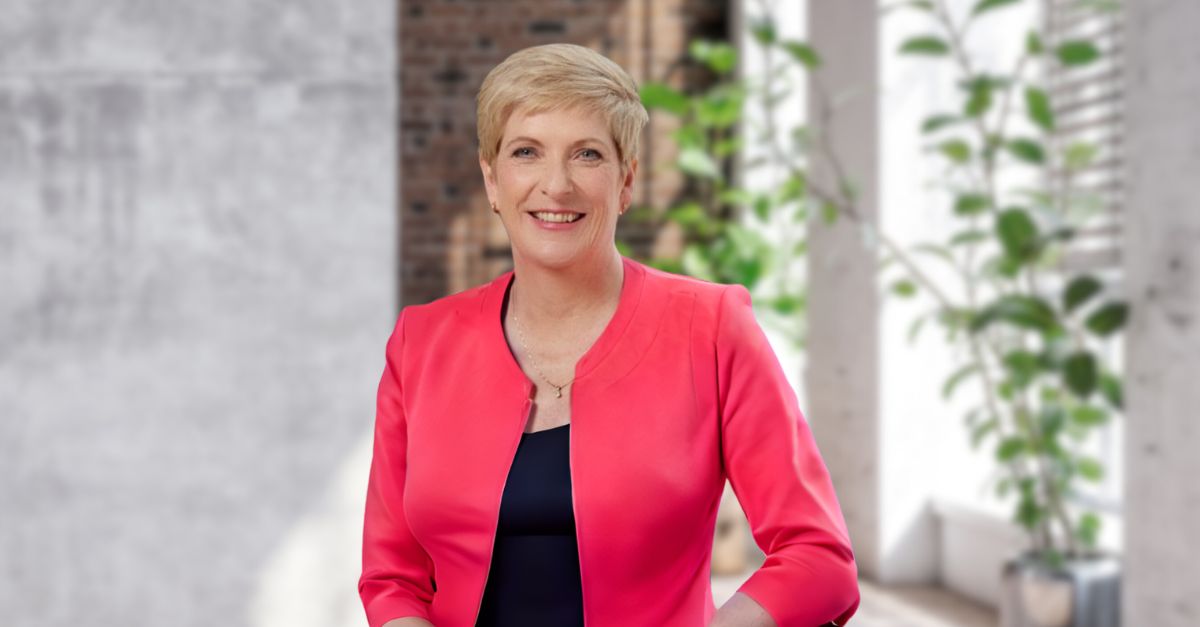TPD Insurance Advice
Protect your family’s financial future with total and permanent disability insurance – a lump-sum payout if an injury or illness leaves you unable to work again.
THE MiQ DIFFERENCE
What Makes Us Leading Insurance Advisers?
Too many financial advisers recommend insurance policies based on the commissions they receive – not what’s best for your business.
But MiQ is different.
Our approach is holistic: a detailed analysis of your succession plan to see what level of cover is required.
We’re paid by commission – but our diverse APL means there’s no incentive for us to recommend a particular insurer.
And we have access to a network of both internal and external specialists, such as accountants and solicitors, who can support your strategic objectives.
Protecting your business’s continuity starts right here, with us.
- Diverse APL with [X]+ products
- Holistic analyses of how insurance policies impact your strategic objectives
- Collaboration with external professionals like accountants and solicitors
Client Testimonial
“I’m not one to leave reviews but my recent interaction with Kylie has been so pleasant and seamless, I could not, not share the experience. She has been prompt and transparent with me through the whole process, which has made it a lot less stressful, and I could not thank her enough for it.”
Viv Dinh
BRISBANE
Our TPD Insurance
What We Do
TPD Insurance
Total and Permanent Disability Cover
Accidents and illnesses aren’t always fatal.
Often, a life-changing incident can leave you alive but unable to work – a situation that isn’t covered by life insurance.
Total and permanent disability (TPD) insurance provides a lump-sum payout if you’re permanently unable to work in either your own occupation or any occupation (depending on your policy).
It’s a way to offset upfront medical and rehabilitation costs, and can help provide financial stability during an incredibly stressful time.
Your MiQ adviser can help you secure the best TPD cover for your wealth protection plan – and, if necessary, consolidate your other personal insurances to reduce your premiums.
Schedule a consultation to find out more about how we can help.
- Maximum cover level of up to $15 million available
- Guaranteed renewable age of up to 75 years available
- Cover for dangerous occupations and self-employed individuals available
FAQs
Is TPD Insurance Worth It?
TPD insurance is the same as life and income protection insurance.
It helps safeguard your most important asset: your ability to earn an income.
On an income of $120,000 a year, an incident that leaves you totally and permanently disabled could potentially cost you millions in lost earnings.
TPD won’t cover the total losses caused by your disability, but it can give you and your family breathing room:
Time to adjust your lifestyle, pay out-of-pocket medical costs, and secure new sources of income.
You can’t predict the future – but you can prepare for it.
Pass on your financial legacy.
Make sure your estate is distributed in the right way – and to the right people.
Our APL includes products from more than [x] leading insurers.






Your TPD Questions, Answered
FAQs
If you have total and permanent disability insurance, it’s accessible in one of two circumstances (depending on your policy):
- if you can never work again in your current profession (own occupation cover)
- if you can never work again in any profession (any occupation cover).
As such, it’s important to make sure your TPD can sustain an acceptable standard of living for the rest of your life (in conjunction with any income from the disability pensions or investments). That means everyone will need different levels of TPD cover.
One common rule of thumb is that your TPD cover should equal 10 to 12 times your annual income. Under that rule, for someone on a $120,000 salary, cover would need to equal $1.2 to $1.44 million. Some people also recommend making your cover equal to your total liabilities plus $130,000, assuming that you also have income protection insurance.
Because insurance is so dependent on your personal circumstances, the best way to find out exactly how much cover you need (and what products match your wealth protection strategy) is to talk to a financial adviser.
TPD insurance covers any total and permanent disability resulting from injury or illness, which is defined as the inability to ever work again in either your current profession or any profession (depending on your policy). Most policies don’t cover:
- disabilities that occur as a result of committing criminal activity
- disabilities that occur as a result of deliberate self-harm or suicide attempts
- disabilities that occur in certain hazardous jobs or undertakings
- temporary disabilities from serious injuries or illnesses.
Keep in mind that every policy is different. To find out exactly what is and isn’t covered under your policy, read your PDS or talk to your financial adviser.
Yes, if you have super with an APRA-regulated fund, you’ll probably have life, TPD, and income protection insurance. The good thing about these insurances is that they’re often applied automatically with no health information required, and they’re incredibly affordable (premiums are often just a few dollars per week for all three policies).
But TPD through your super is often also incredibly low, with many default policies paying out around $50,000. For most Australians, $50,000 isn’t even enough to offset a year of lost income, let alone an inability to ever work again. Super TPD is also generally ‘any occupation’ cover, which means it will only be paid out if you lose the ability to work in any occupation again (rather than ‘own occupation’, which covers a loss of ability to work in your current occupation again). Those two traits mean that getting a retail TPD policy that gives you a higher level of cover is a good idea.
No. Buying critical insurances – such as life, TPD, and income protection – from online brokerages or comparison sites is almost always a bad idea. These sites have specific lists of products that they’re authorised to sell, which means you’re not getting the ‘best deal’ on the market (just the best deal on their site). Very cheap or fast-approval policies also normally come with exclusionary clauses that can leave you exposed if something does happen.
Finally, unlike policies sourced from financial advisers, your policy won’t be personalised. That means you could be paying more than you need to for the cover that you’re getting.
Insights
Build Your Financial Knowledge
Learn more about home loans with our easy-to-read articles and guides.
Protect your family’s financial future.
Book A Free 30-Minute Consultation




